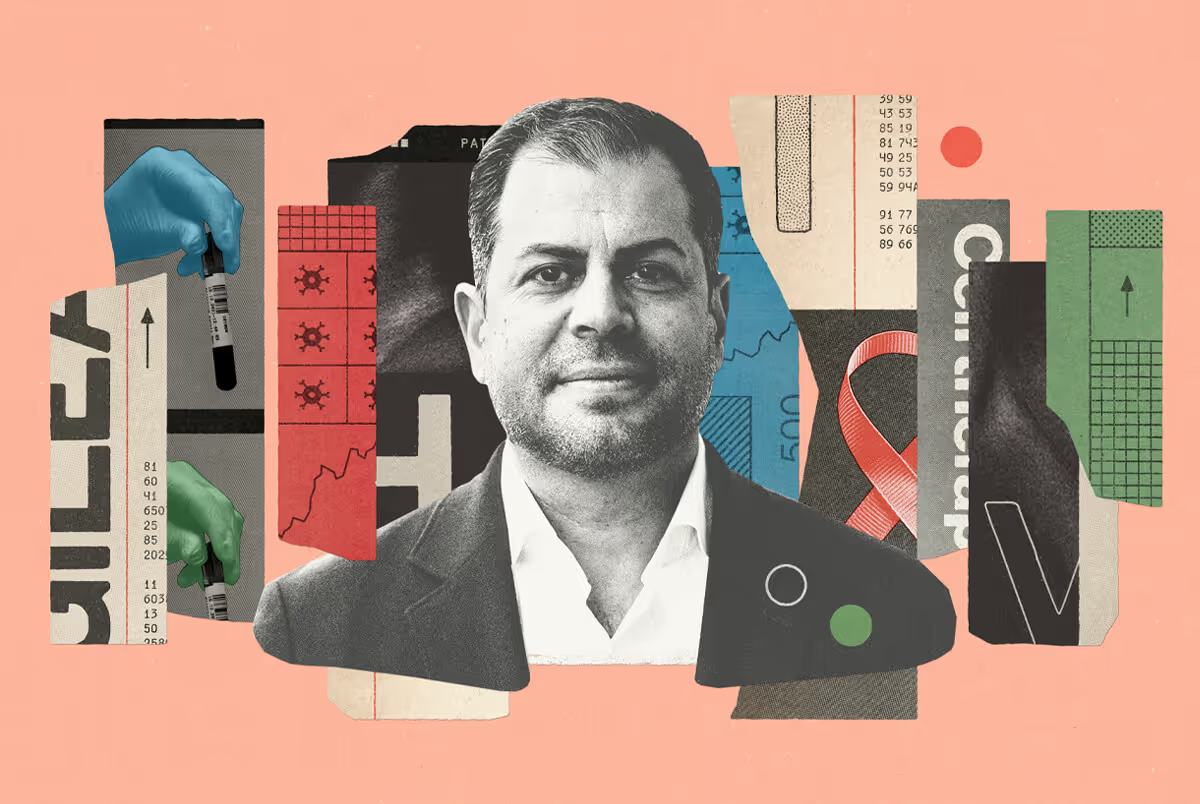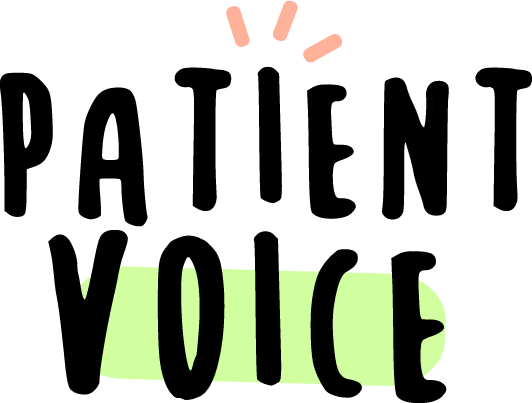In recognition of Global ALS Awareness Day, we’re honouring the memory of Bob Acton, a loving husband and father, a true believer in the power of athletics, and a cornerstone of the Toronto Beaches community, who succumbed to the disease in June of 2016.
We spoke with Bob’s wife, Heather, his son, Reid, and his daughter, Avery, to understand how Bob’s ALS journey — and passing — impacted them individually, and to discuss how they each choose to honour his legacy in their own unique way.
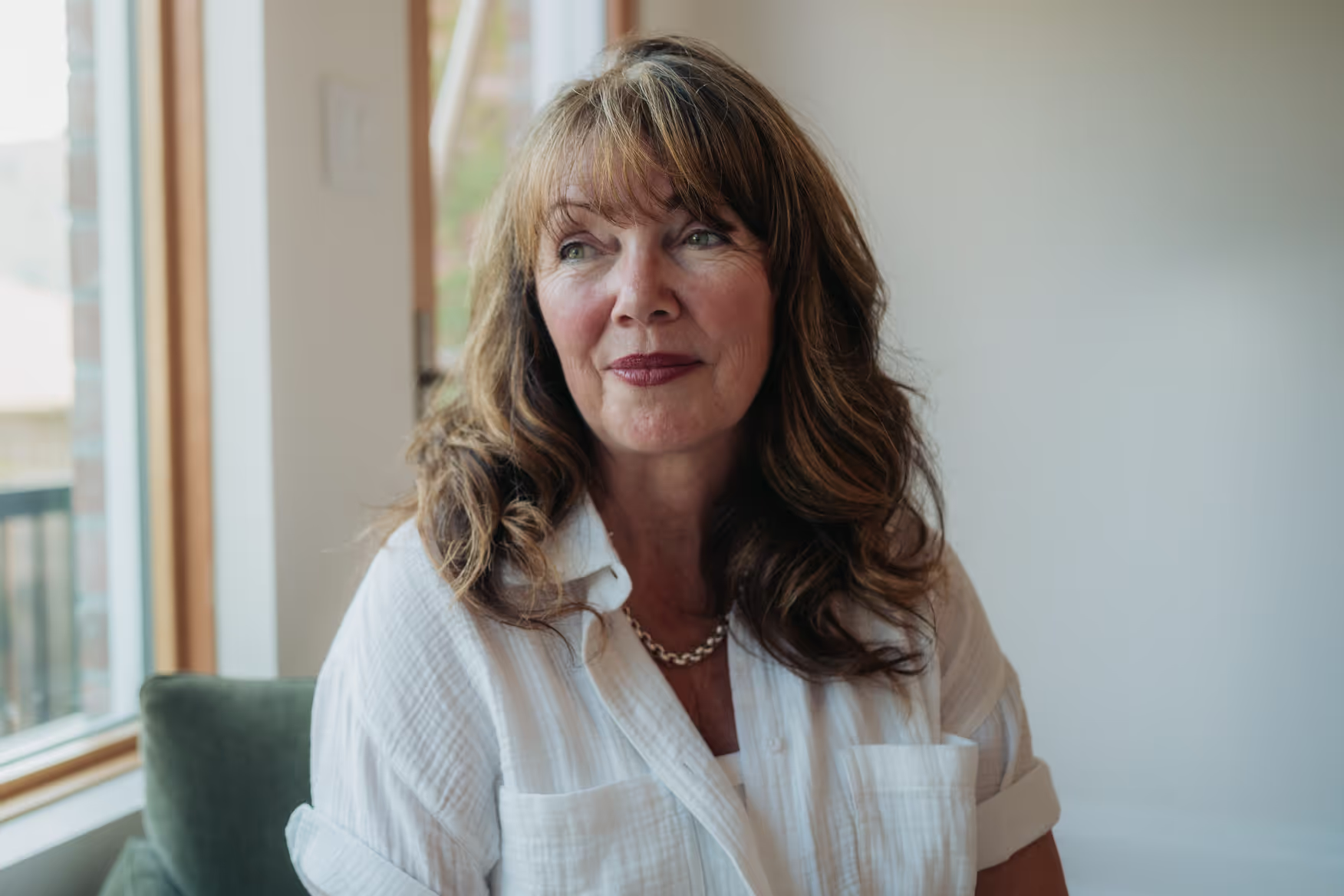
Heather
Bob's wife
“Bob was always a huge personality. Everywhere he went, he held court. People were lining up to talk to him, long before he became a household Toronto name. He just had that magnetism.
When I first met Bob, we were both in our twenties, working at a bar on the Danforth. I’d take over sections from other servers just so I could stay late and have a drink with him. It wasn’t until after we married, and welcomed our son Reid and daughter Avery, that I truly understood what a wild ride life with Bob was going to be.
Bob was a man with a million ideas, a serial entrepreneur. A coffee shop, a restaurant, a film consulting business, and then Bob Acton Sports, the one that stuck. While the business was growing, our kids were growing too, and Bob was a very hands-on dad. He stayed so busy but somehow he always had time and he always had energy.
Then ALS came out of nowhere, and it moved so fast. We were in Florida, celebrating Reid’s lacrosse team’s championship win. Bob was in the hotel hot tub and he suddenly started having trouble breathing. After that, he lost his strength bit by bit, first in one leg, then the other, then his arms. We never knew when the next surprise would come.
But through it all, Bob stayed dynamic and inventive. When he could no longer lift his nightly dark and stormy — which I always mixed strong — he got one of those hats with the straws built in. And, even while he was deep in his illness, he started a new charity — We Play Sports For Life — to help low-income families get access to sports equipment. Three weeks before he died, he was at a golf tournament for the charity, in his wheelchair.
Eight years after Bob’s passing, we’re all still grappling with the hole left behind when such a big personality is suddenly gone. The milestones of life make us feel Bob’s absence profoundly. Weddings, the birth of our first grandchild, and a second on the way. I never once imagined this life without Bob in it. He was so vital and at 60 he still seemed so young. That’s the scariest thing about ALS. No matter how much strength you have, it will take all of it. You can’t beat it. Bob was the strongest and it took him all the same.”
An estimated 4,000 Canadians are currently living with ALS. Each year approximately 1,000 Canadians die from ALS. A similar number of Canadians are diagnosed with ALS each year.
DID YOU KNOW?
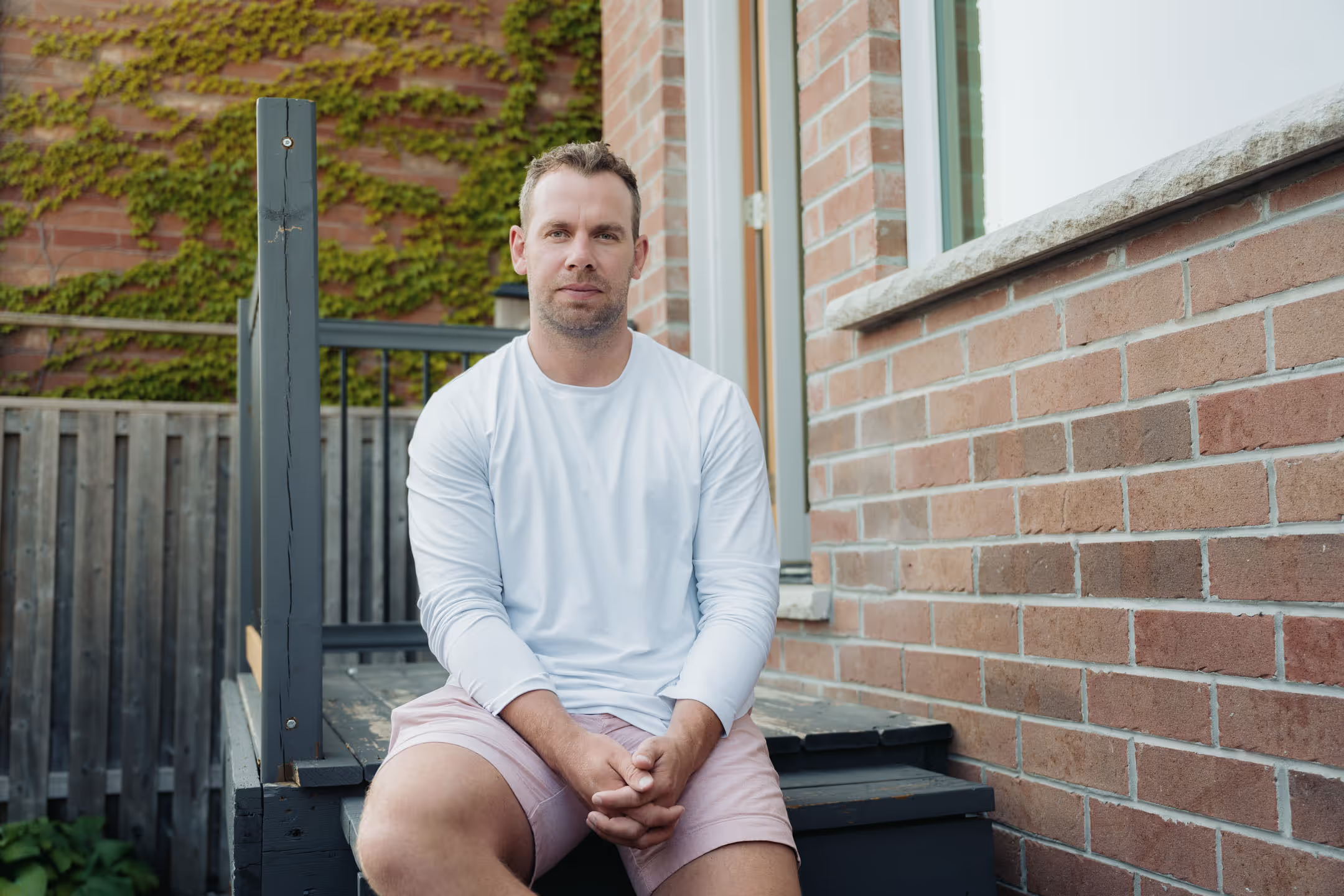
Reid
Bob's son
“People see me running Bob Acton Sports, and my history as an OHL hockey player and a professional lacrosse player, and think I had this crazy upbringing where my father was always pushing me, where there was all this pressure. It wasn’t like that at all.
My father was a huge personality in the community and had this gravitational pull, but at home he was just a regular dad. I do remember him always talking about the power sports had to open doors for me in the future, and about how athletics were a way to build a strong body and a strong mind so that I’d be able to handle whatever life threw at me.
I’ve carried that with me always, and it’s something I want to share with others. When my dad was diagnosed with ALS, I was living in Manhattan. I was playing pro lacrosse and had a full-time job in finance, but I was still making time to coach. And, when I made the decision to move back to Toronto, I got a job at the Hill Academy — a school for dedicated student athletes — and started coaching there.
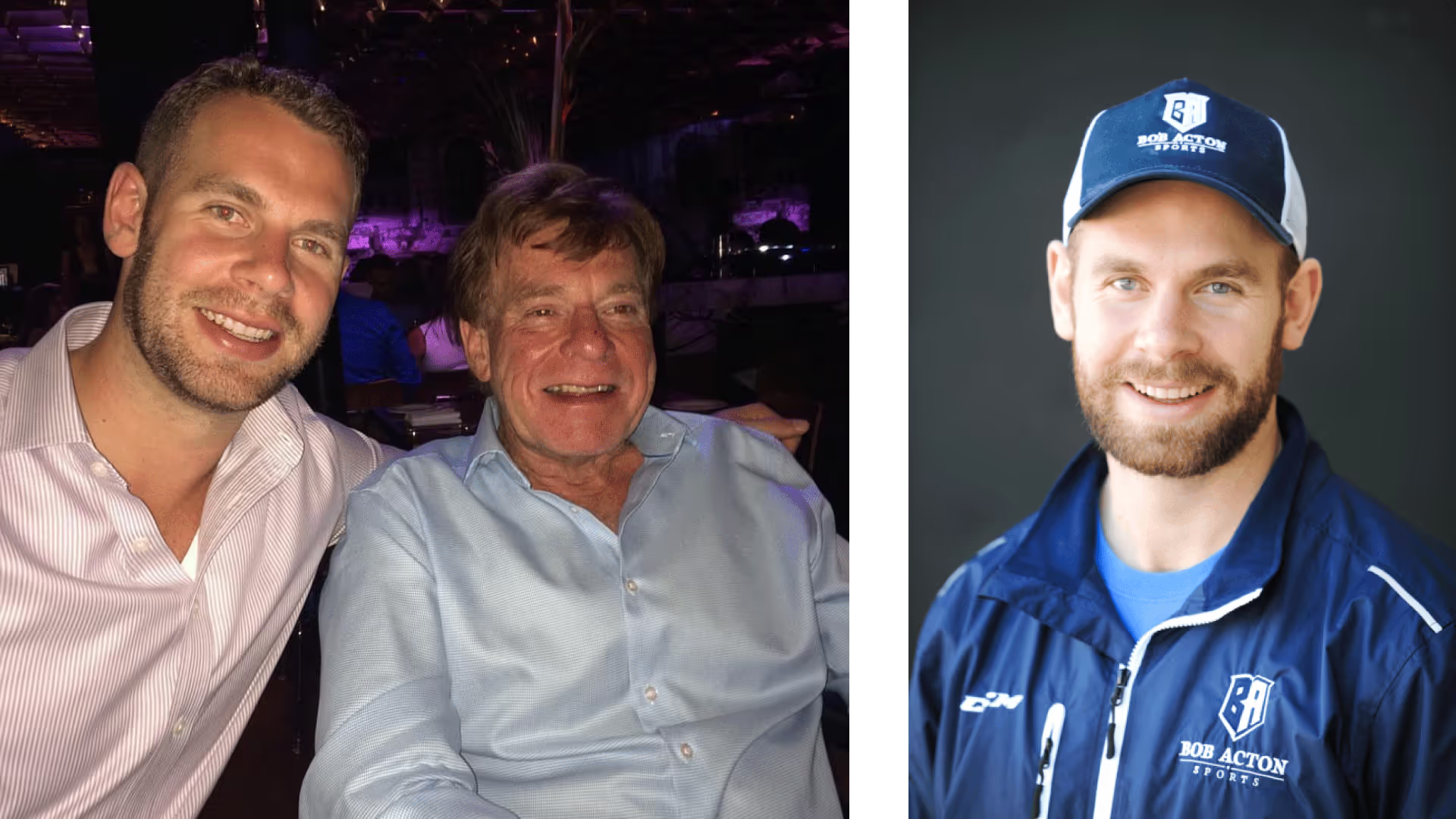
I’d returned to Toronto to be closer to my family during what I knew was going to be a tough time, but my dad wasn’t the kind of guy who’d tolerate having me just sit around all day with him. He was still running Bob Acton Sports, even when he couldn’t walk, and he needed to see me staying busy as well.
I started helping him with the business more and more, but right up to the end, he was still calling the shots. He passed quite suddenly and unexpectedly, even though we knew that it was inevitable. Taking over the business had never really been my plan, but we all took so much pride in what he had built that I knew I couldn’t let it die with him.
Today, with Bob Acton Sports and my training company BEAST Athletics, I try to stay true to those original values that my dad instilled in his business and in me. Sports are about community, growth, and inclusivity. I still coach hockey. I work with kids who might be headed to the NHL and others who probably won’t be. My main hope for all of them is that the skills they learn through sports will set them up for a great future, no matter what path they take. I think that’s my dad’s real legacy.”
There is no cure for ALS and few treatment options for the majority of people living with the disease. Approximately 80 per cent of people with ALS die within two to five years of being diagnosed.
DID YOU KNOW?
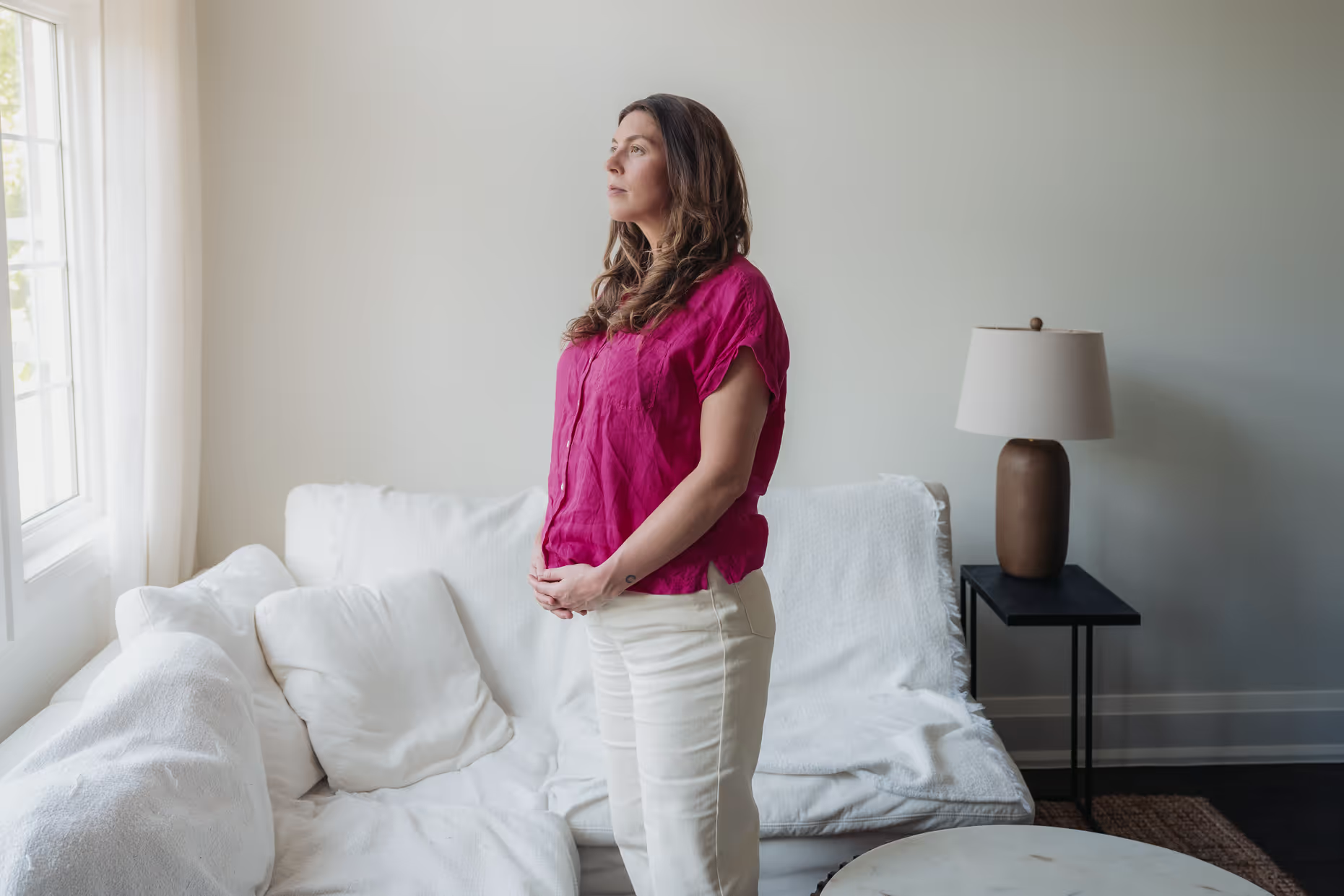
Avery
Bob's daughter
“My dad had always been the strongest and most physically capable person I knew. So I was completely unprepared for what ALS would do to him.
I was 22 years old and living in Belgium when he got the diagnosis. He called me on Father’s Day, 2013, and gave me the news. Immediately, I asked him if I should come home. But every time we spoke, he said he was doing fine and not to worry. I ran four half-marathons over the next five months. Two in Belgium, one in France, and one in the Netherlands. I was running to raise money for my dad’s ALS journey, but I was also running from the sense of powerlessness the news had planted within me.
When I finally returned to Canada that November, I discovered that my dad had been painting a much rosier picture than the truth, not wanting me to just drop everything and fly home. I arrived in Toronto earlier than expected, walked into the house unannounced, and found my father on a breathing machine. Everything I thought I knew about the world began to crumble.
.avif)
That’s what ALS does. It takes every single aspect of your mental image of a loved one and deconstructs it in the most traumatic way possible. It happens so quickly and yet it also feels like slow motion. One day he’ll be having a little difficulty buttoning his shirt because of weakness in his shoulder, and then — seemingly overnight — he’ll be unable to walk, unable to go to the washroom on his own. Every element of independence and dignity unravels right before your eyes.
At the same time, that last year and a half I got to spend with him was also such a beautiful and special part of my life. I got to know him so much better. I learned to see him as a picture of strength that went far beyond the physical. He had a great philosophical and spiritual strength that survives even today, in the mark it has left on all those who knew him. I can hear him in my own words when I speak.
And as I embark on my own journey as a parent, I’m thinking all the time about how very alive my dad still is. About how much good a person can leave behind. About how my son, who will never get to meet my dad, will still grow up in a world shaped by him, made better by him.”
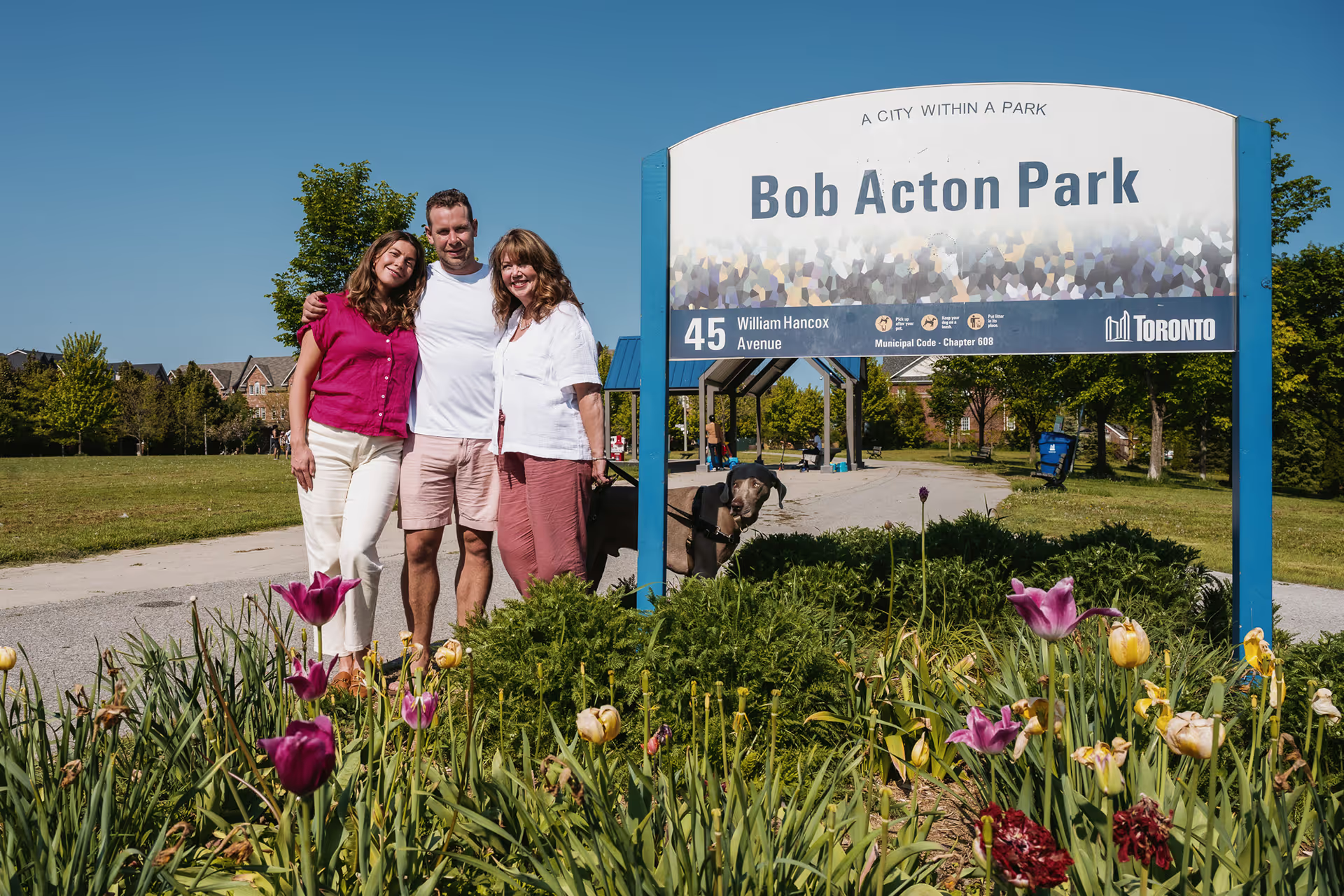
The ALS Society of Canada is working to change what it means to live with amyotrophic lateral sclerosis, a relentless and currently terminal disease. Grounded in and informed by the ALS community, we advocate for access to proven therapies, invest in research for a future without the disease, and empower Canadians affected by ALS with access to information and education.
For current and credible information on ALS and the realities of navigating the disease – and how you can play a role in advocating for change – visit www.als.ca and sign up to have ALS Canada’s e-newsletter pushed to your inbox. If you have questions regarding ALS symptoms and treatments, please connect with your neurologist.
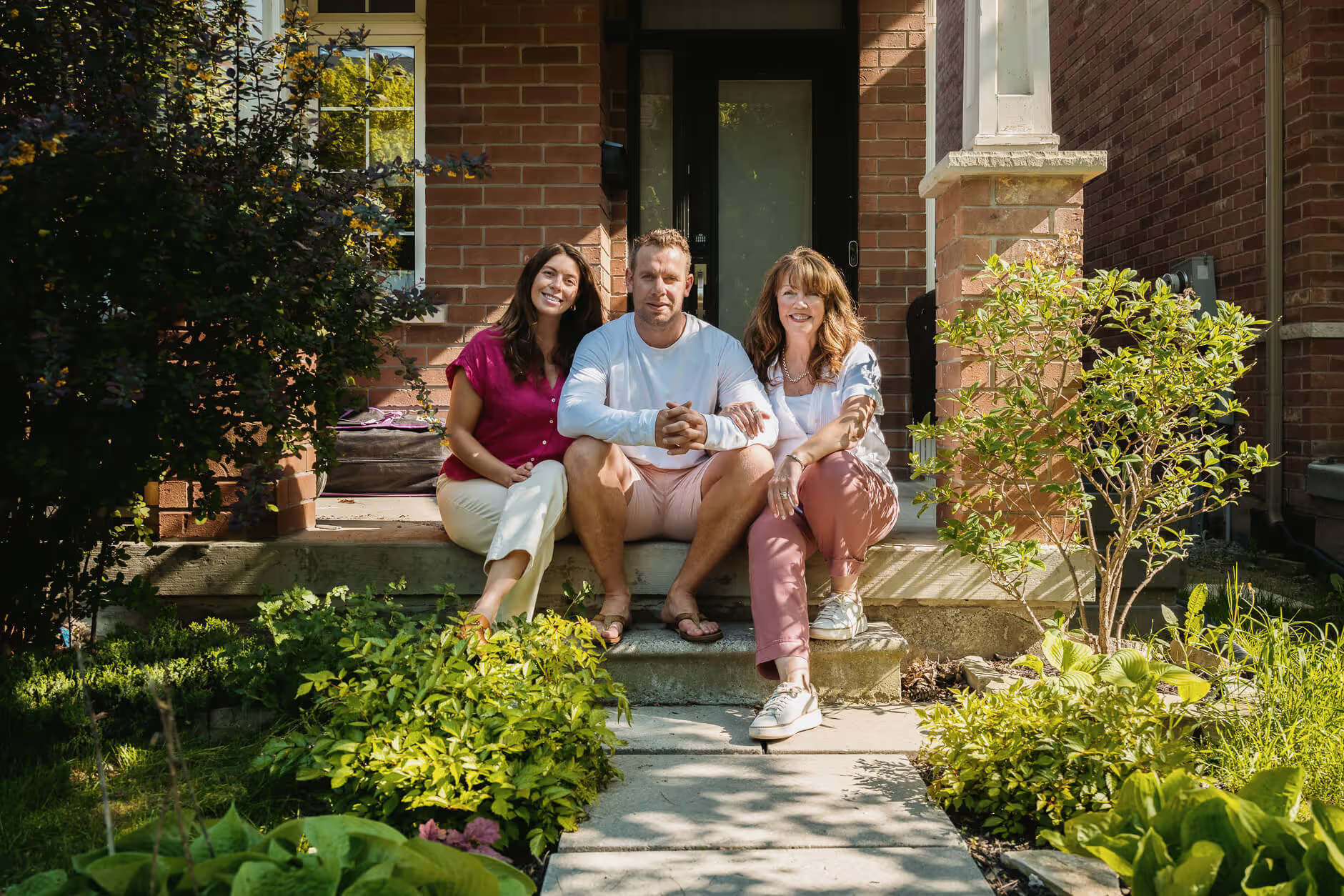
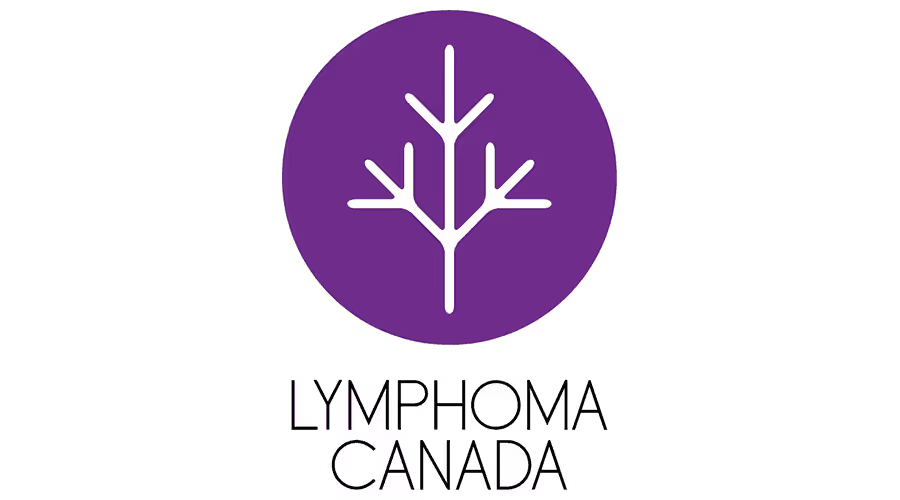
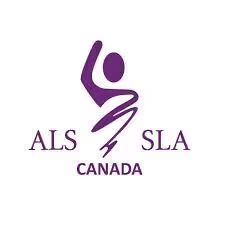
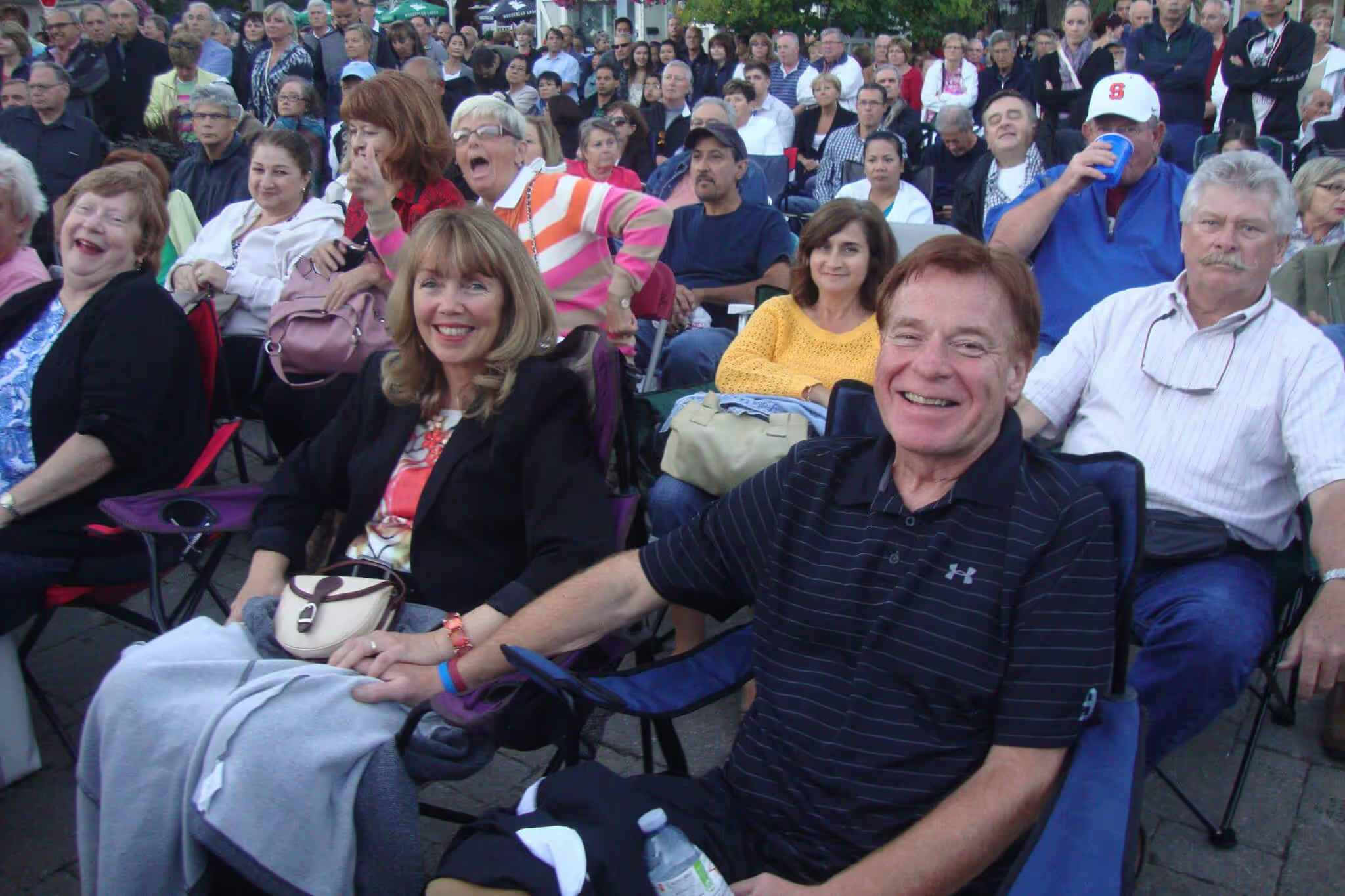
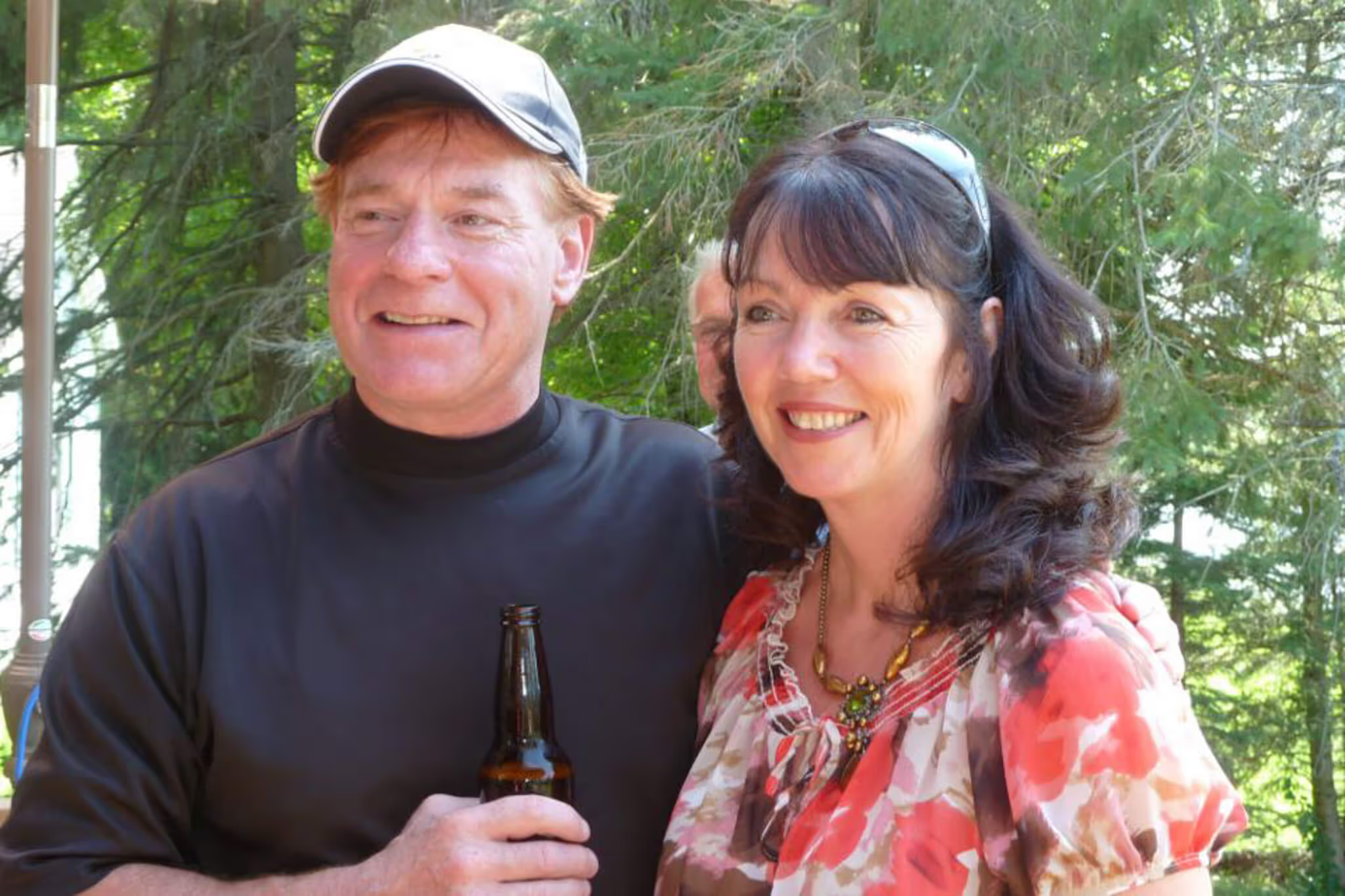
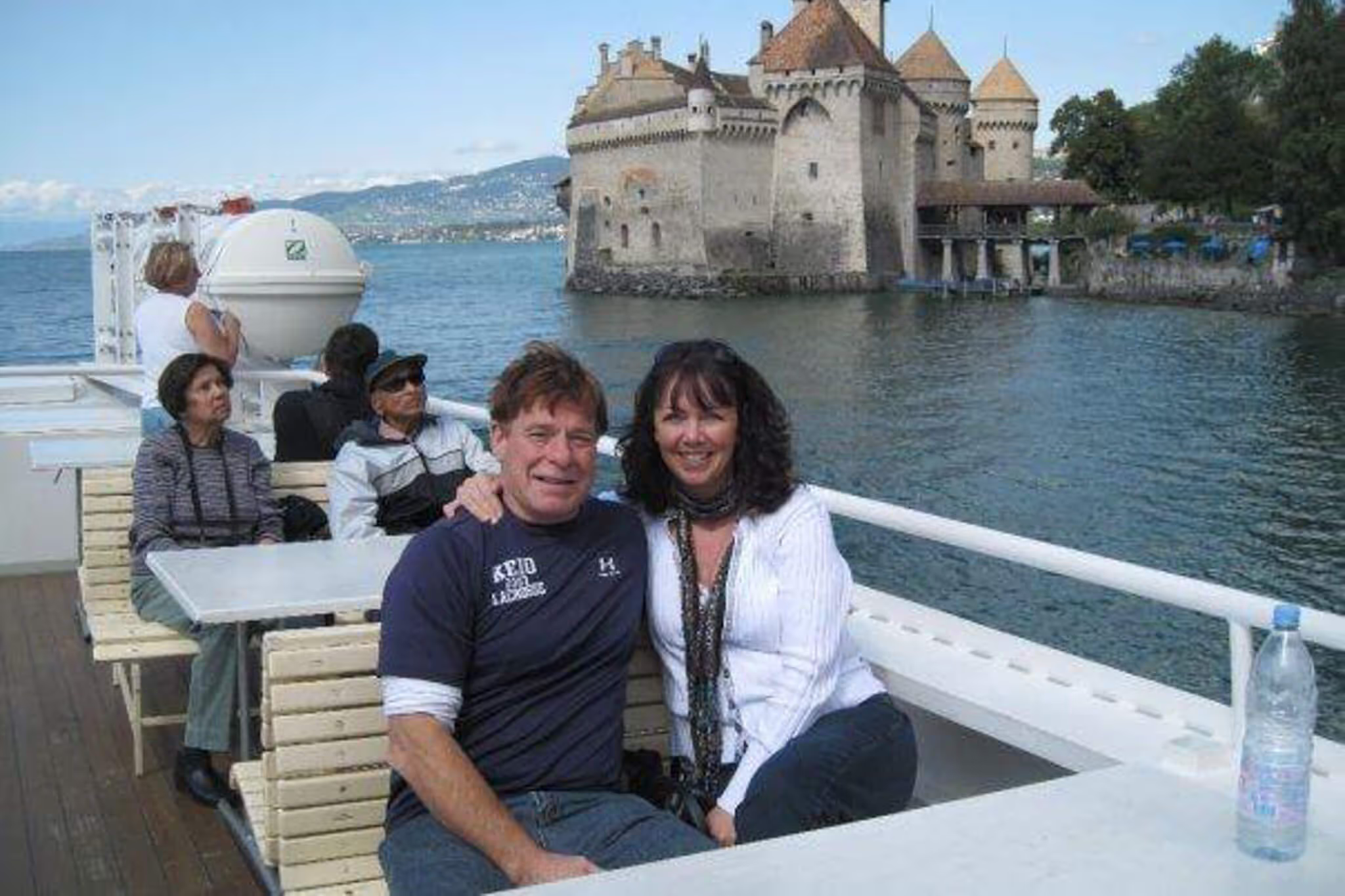
%20(1).jpg)

